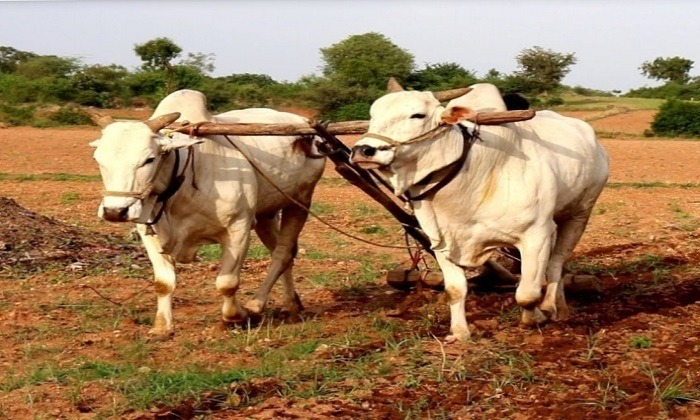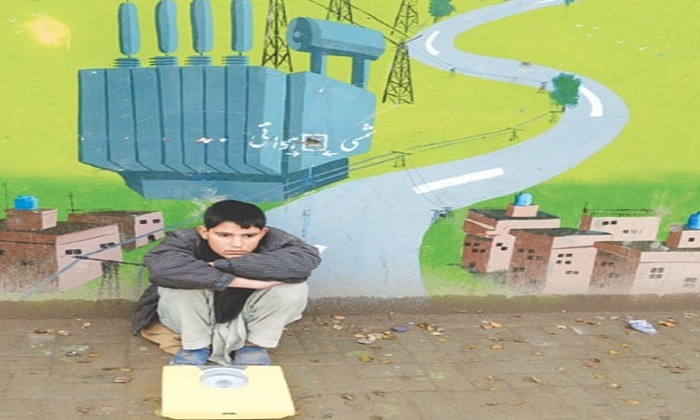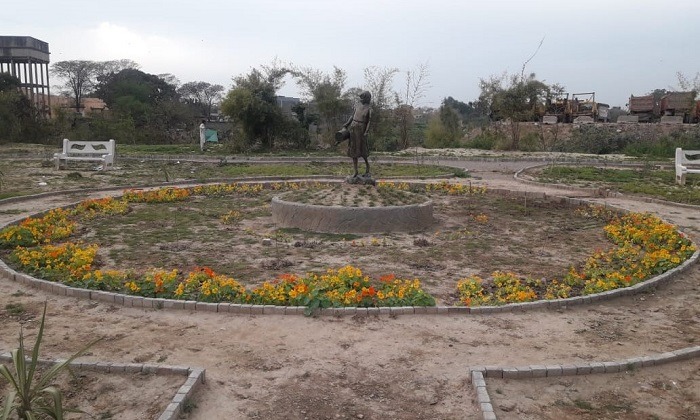Every family possess its own bull in human shape
Pak Chronicle Report
Rawalpindi
There is a Chinese proverb that every family has its trouble. It’s quite understandable phrase because humankind has always been suffering from one or other difficulty and there is no limit to it.
However, every family possess its own bull is a Kashmiri phrase in the area of Rawlakot which got deeper meaning instead of the one which it seems to be.
A few decades ago bulls were considered part and parcel of every house unit in the rural areas of Pakistan especially those which were situated on the mountains.
These bulls were basically used to plough the fields. Richer people used to have one or more of them while the poor used to borrow them to cultivate their fields.
They were also used for carrying goods in rural areas. Having bulls had extra edge over possessing donkeys. Mountainous inhabitants used to believe that it’s only the bulls which should be used for cultivation purposes while the use of donkeys for this purpose was considered a bad omen.
However, construction of roads in these hilly areas gradually relinquished the utility of this animal for ploughing purposes.
Mechanical ploughing has taken over the business of these bulls and bulls’ utility has been restricted to breeding and meat purposes only.
In 2005 a local NGO of Azad Jammu and Kashmir (AJK) had wanted to conduct a survey as how many there were bulls in the area of Thorar. Administratively Thorar is now a Tehil of AJK. This NGO requested a respected person named as Captain (Retired) Nabi Bakhsh to do the job for it.
Captain Sahab who was a very learned person of the area, after a few days submitted the required survey to the NGO which maintained that every house unit in the area certainly had at least an oxen.
The personnel of the NGO were really bewildered over it as they couldn’t believe its authenticity.
Raring an oxen had required too much resources which everyone could not afford. They thought Bakhsh had mistakenly submitted this report. However, when they inquired from him he said that to the best of his knowledge it was absolutely true.
“How come?” they asked him to which he replied that according to his understanding including himself and others were like bulls. He told them that people act as though they were bulls. “They obey the command without questioning any logic behind it. They do whatever their masters like them to do and thus they are qualified as to be the bulls,” he had narrated.
Bakhsh died in 2011-12 but this phrase of him continues to be narrated by his fellow villagers.
Ends



